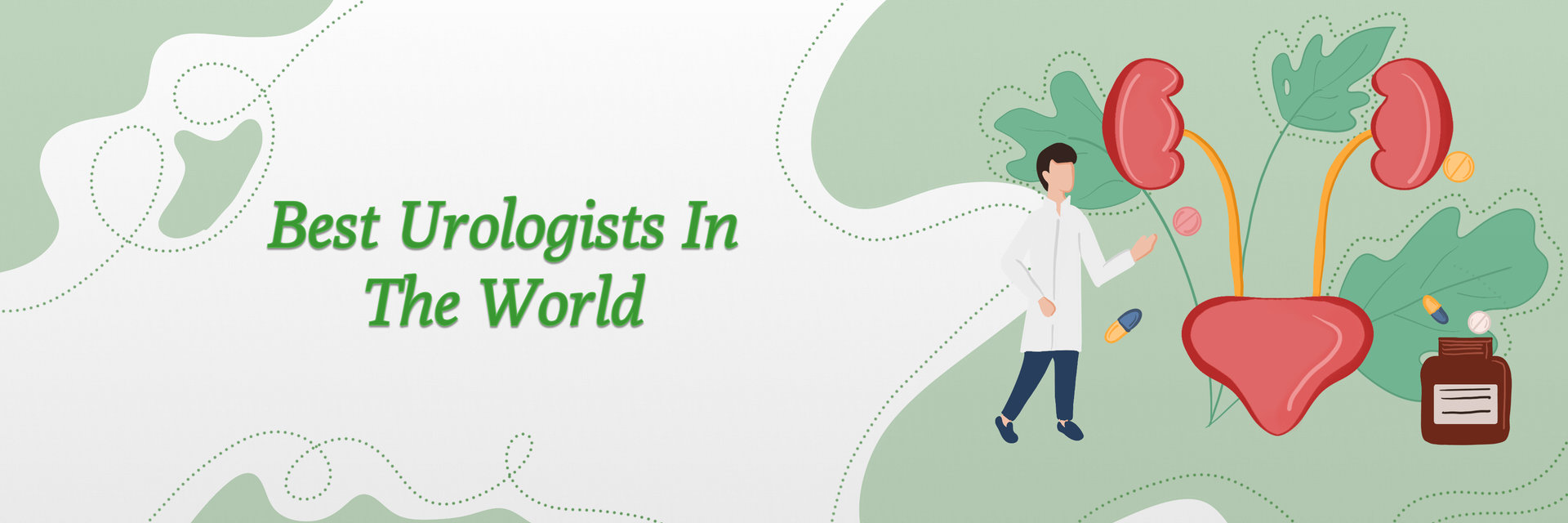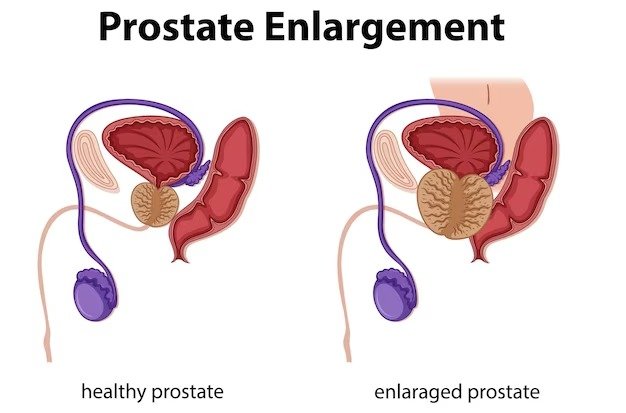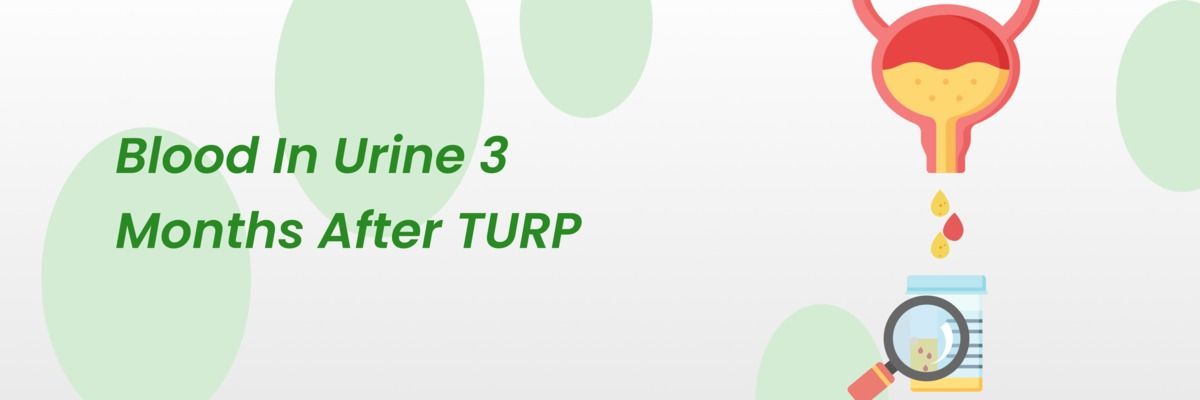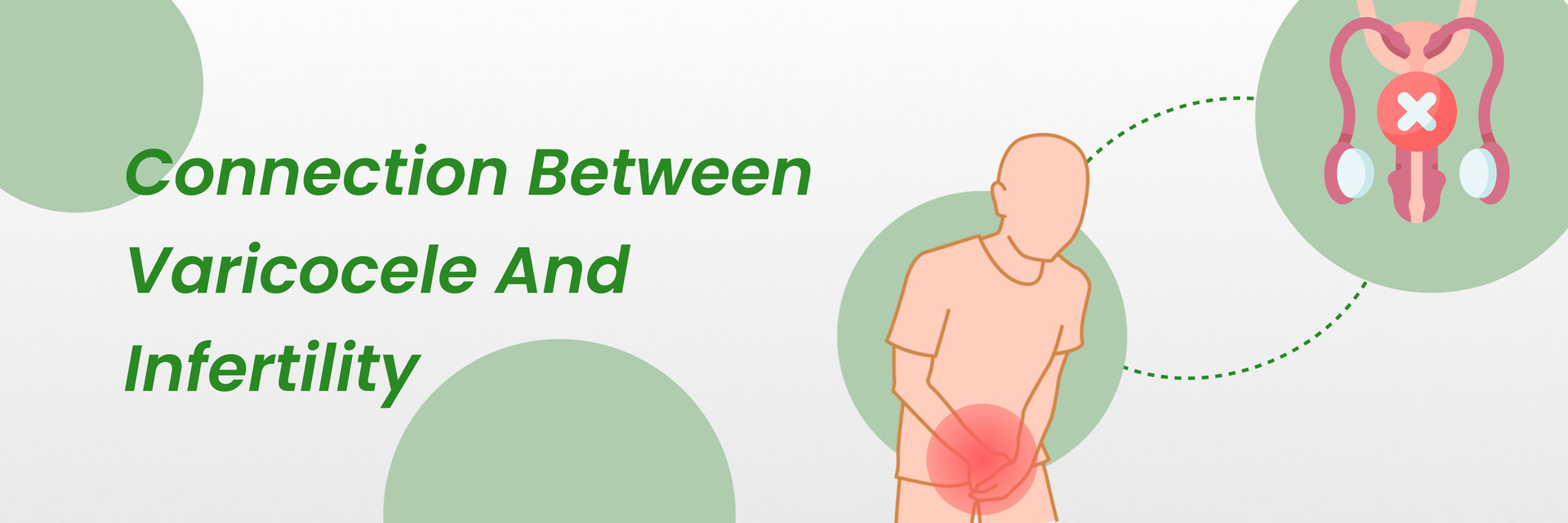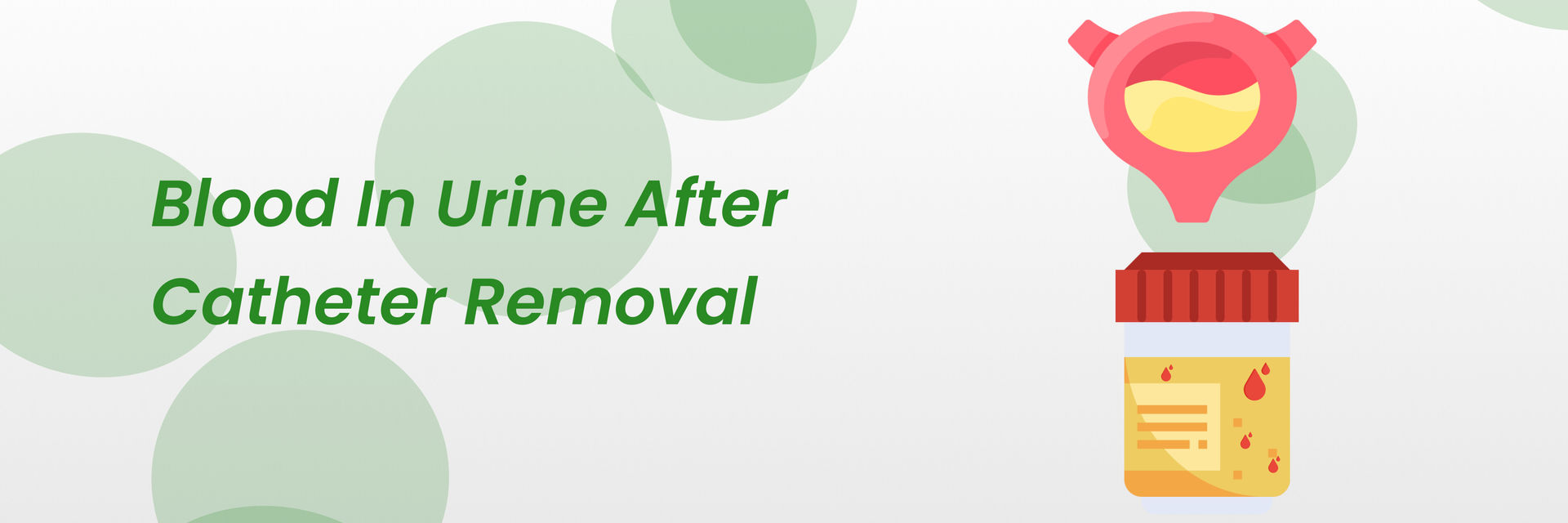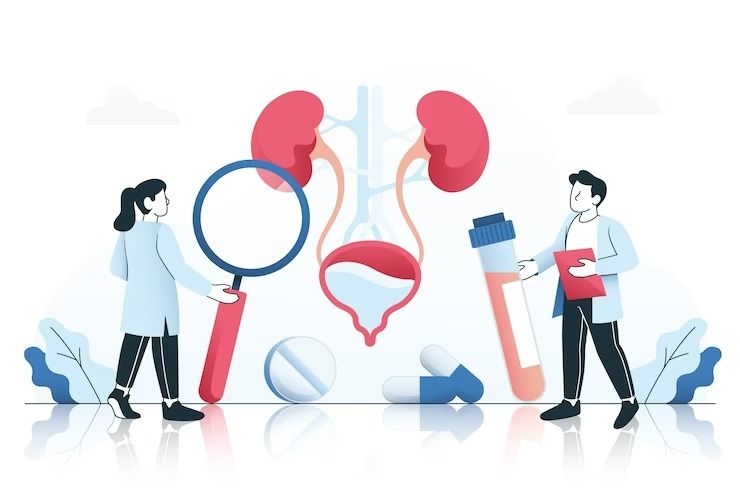ONCOLOGIST
Vasectomy is a method of birth control in males that stops the sperm to reach the semen. Vasectomy has minimal risk of complications and is mostly done under local anesthesia in an outpatient setting.
Before doing a vasectomy, you must be sure of your feelings that you do not want to become a father and have children in the future. You should consider vasectomy as a permanent method of male birth control.
But one must remember, it does not provide any protection against sexually transmitted diseases.
A vasectomy has been performed on 50 million men or 5% of all married males of reproductive age. Every year in the US more than 5,00,000 men choose to have vasectomies.
Read below to know how vasectomy is linked to prostate cancer!

Is there a connection between Vasectomy and prostate cancer?
According to current clinical recommendations, there isn’t enough proof to link vasectomy to a higher risk of prostate cancer. But some of the most recent research has once more raised doubts about the situation.
One of the 2017 studies had the following outcomes included 14.7 million participants:
- After vasectomy, there may be a modest or insignificant connection between vasectomy and prostate cancer.
- The chance of developing lethal and advanced prostate cancer or passing away from prostate cancer is not increased by vasectomy.
But a most recent study of 2021 where 17 million participated, shows a different outcome. Here it is:
- Presence of a strong association between vasectomy and prostate cancer (from mild to severe).
- However, there is no obvious connection between vasectomy and the risk of death from prostate cancer specifically.
Men who undergo vasectomies are more likely to develop prostate cancer than men who have not undergone the procedure. A significantly increased risk of vasectomy-related prostate cancer is seen in men with vasectomies. The relative risk increase of prostate problems after vasectomy is minor like back pain etc, but data from various studies suggests an association between vasectomy and prostate cancer.
Here we have listed the best oncologist and cancer, urology hospitals for better treatment.
Take charge of your health and your life. Contact us today!
Does having a vasectomy affect PSA levels?
The prostate is a little gland residing under the bladder in males, producing PSA (Prostate-specific Antigen) both from malignant and non-malignant cells. A blood test called PS test is primarily used to screen for prostate cancer. Low-grade prostate cancer risk has not been connected to vasectomy. However, it was linked to a 19% higher risk of prostate cancer fatality. And a 20% higher risk of metastatic prostate cancer.
Those who had a vasectomy are 56% more likely to acquire deadly prostate cancer, even among those who underwent frequent PSA screening exams for the disease. This connection was stronger in males who had a vasectomy at a relatively younger age.
Learn what are the chances of getting prostate cancer after vasectomy. Read ahead till the end to know everything about the prevention steps as well!
Does having a vasectomy increase the risk of developing prostate cancer?
According to the latest study from Statens Serum Institut, men have 15% more chances of acquiring prostate cancer after vasectomy.
The study included Danish men born in 1937 and after and was tracked starting at the age of 18. The research included 1,39,550 vasectomized males out of 2,150,162 Danish men. The trend was evident, there was a clear association between vasectomy and prostate cancer. Men who have not undergone vasectomies have a 15% lesser chance of getting prostate cancer.
The Medical Director of the Sperling Prostate Center has stated that -
“Earlier studies linking vasectomy with heart disease, autoimmune disorders, or dementia have been debunked. The American Urological Association states vasectomy does not increase risk of stroke, high blood pressure, testicular cancer and prostate cancer. Thus, vasectomy is considered very safe and effective.”
Your health is too important to ignore – schedule your appointment now.
How common is prostate cancer after Vasectomy?
The most frequent form of cancer in males, prostate cancer, remains the subject of contention despite the vasectomy’s simplicity and efficacy. There may be a link between vasectomy and prostate cancer according to two sizable Harvard investigations published in the Journal of American Medical Association in 1993.
In the two trials, prostate cancer diagnoses were compared between 25,000 who had a vasectomy and 50,000 men who had not.
Prostate cancer diagnoses were almost twice as common in men who had a vasectomy more than 20 years prior. The overall rate of prostate cancer after vasectomy was 60% higher in sterilized men.
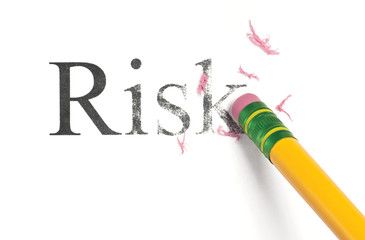
How can you reduce the risk of prostate cancer after vasectomy?
There is no one strategy to prevent prostate cancer, despite the fact that many of you might wonder how to do so.
Your risk can be reduced by maintaining good health as you age or by taking steps to correct current health issues. Men who are already more at risk of prostate cancer after vasectomy can lower their risk by adopting healthy diets and life practices:
- Decrease the amount of fat intake and include more fruits and vegetables in your diet,
- Having soy and green tea reduces the levels of PSA. Hence assisting men having high vasectomy prostate cancer risk to reduce the chances of getting prostate cancer.
- Your chances of getting prostate cancer and many other diseases can be reduced by losing and maintaining body weight.
- Avoiding smoking can lower your chance of developing prostate cancer. Drink in moderation if you do so.
- Being sexually active can reduce the chances of getting prostate cancer. Studies show that ejaculation removes many toxins from the body that may cause inflammation and lead to cancer.
According to Welzo-
No, there is no specific timeframe or period after a vasectomy when the potential risk of prostate cancer is known to be higher. Numerous studies have consistently demonstrated that vasectomy does not elevate the risk of developing prostate cancer at any point following the procedure.
Your well-being is our priority - call us to book your appointment today
References:
https://pubmed.ncbi.nlm.nih.gov/
https://ascopubs.org/doi/10.1200/JCO.2013.54.8446
https://en.ssi.dk/news/news/2019/vasectomy-is-associated-with-increased-risk-of-prostate-cancer
